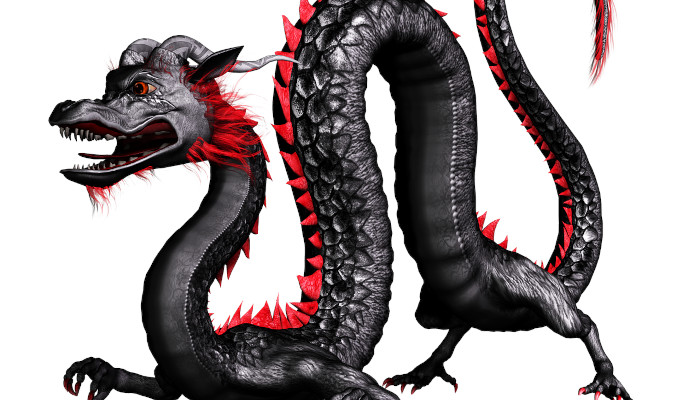
Ideally, finding a long-lasting peace solution between the United States and Russia or Iran is hard. Russian President Vladimir Putin’s war in Ukraine reflects Russia’s neo-Czarist ambitions and a rejection of the liberal order. Iran presents an even more complex issue, as its difficulties with the rest of the world are deeply rooted in religion. While compromises and accommodations may be possible, the nature of these countries’ politics sets them apart from the broader global context.
The problem with China, however, is different. Theoretically, resolving the current controversies peacefully is not impossible.
There are four main areas of contention that revolve around the integration of commerce and finance in the modern world. First, China needs its currency, the renminbi (RMB), to be fully convertible, just as other major currencies are. Second, it must open its internal market to foreign operations, similar to how Chinese companies operate abroad. Third, political transparency is essential; if US President Donald Trump wishes to impose tariffs on coffee in the United States, it must undergo public debate, allowing all stakeholders time to prepare. In contrast, if Chinese President Xi Jinping decides on tariffs, they could be enacted the next day, leaving little room for public discussion or preparation. If I were a friend of Xi, I could short coffee and manipulate the market; in America, even if I were Trump’s friend, I couldn’t. Lastly, China needs to put its territorial claims to rest, as a stable environment is crucial for prosperity.
These four areas do not necessarily clash with the four red lines presented by Xi to U.S. President Joe Biden at their Lima summit on November 16.
There is practical evidence that this should be the way. As long as Beijing followed Moscow, its economy declined; when it followed the U.S., it thrived.
However, it’s tough to start a dialogue on this now. There’s no essential trust[1] between the sides, and the discussion is cluttered with infinite derivative issues related to the four areas.
Yet, in principle and theory, the U.S. and China could find a comprehensive agreement. The solutions in these areas can all be reasonable and favorable for China. But the devil lies in the lack of trust and the details.
Chinese leaders agree to the four areas, which entail reforms on private property rights, the rule of law, the powers of the party, and the top leadership.
If I may draw on my personal experience dealing with the party and the Vatican regarding the agreement on the appointment of bishops, one must start with a broad overview where both sides can agree. In that case, the basis was that there was no inherent clash between the two, as the atheist party had no religious authority, and the Vatican, being only a spiritual entity, had no civil authority.
Once that was settled, there was (and still is) a lot of gray area to cover, and it was necessary to establish essential trust between the parties.
In theory, the four areas can be mutually agreed upon between the U.S. and China, conducive to both China’s well-being and development and global well-being and development.
The problem is the lack of basic trust and the vast gray spaces in these areas. If China opens the internal market, how much would it cost? What are reasonable restrictions to apply? What can be acceptable political transparency in China and America, etc.?
The lack of trust is a two-way street. Not only does the U.S. not trust China, but China also does not trust the U.S. The Chinese Communist Party is both reckless, ignoring troubles that have been bubbling up for years, and paranoid, striving for total control.
These two aspects are faces of the same coin. The struggle for total control leads to a lack of control. If you want to control everything, you control nothing because total control is impossible.
President Xi may have to decide what he wants to effectively control; the rest needs just “modern management,” meaning liberalization.
In fear of losing control, China can attempt to become like North Korea, but it won’t work. The country is too large; it has been too open for too long. If “North Koreanization” is attempted, the party will eventually be toppled one way or another, whether tomorrow or in 20 years. Then what for China and the Chinese people?
Mr. Xi, the Party, and China must find a way out of this predicament soon.
Will China’s leadership be willing to explore a solution to tackle these areas and establish some grounds of essential trust with the U.S.? Possibly not, because domestically, it’s far less risky and much easier to continue down a path leading to a train wreck than to pursue a path for peace and development. I do hope I will be proven wrong.
In the following months, we may see some kind of peace being settled with Russia and Iran because both may be willing to compromise, yet their respective outstanding problems will remain.
On the other hand, with China, where issues could be more radically solved, tensions might escalate.









